BBC at 100: what does the future hold for at-threat institution?
The British Broadcasting Corporation is facing looming funding cuts amid digital ‘transformation’ of media
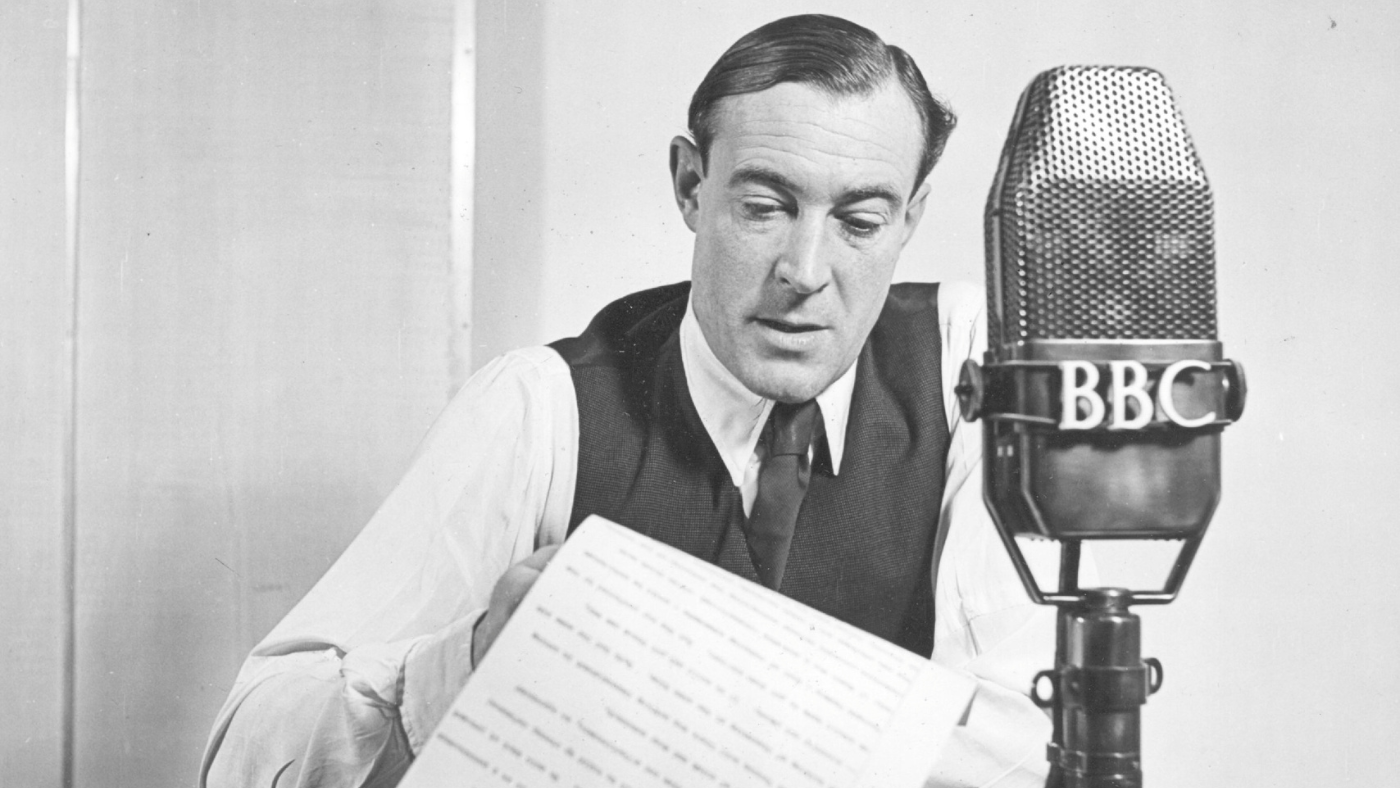
BBC chair Richard Sharp has insisted that the broadcaster’s “best days are ahead” as the institution turns 100 today.
The centenary is being celebrated with a week of specials of programmes including Doctor Who, Antiques Roadshow and Top Gear. King Charles is starring in an episode of The Repair Shop, and the Royal Mint has released a commemorative 50p coin.
But amid drastic budget cuts and changing viewing habits, the “next few years are likely to determine whether the BBC survives in a recognisable form by the end of the decade”, said The Guardian’s media editor Jim Waterson.
The Week
Escape your echo chamber. Get the facts behind the news, plus analysis from multiple perspectives.

Sign up for The Week's Free Newsletters
From our morning news briefing to a weekly Good News Newsletter, get the best of The Week delivered directly to your inbox.
From our morning news briefing to a weekly Good News Newsletter, get the best of The Week delivered directly to your inbox.
What the papers said
The BBC’s founders were “a tiny band of young visionaries” funded by wireless manufacturers who sought to create “a new public space, using the technological boundlessness of broadcast”, wrote the BBC’s official historian Jean Seaton, a professor at Westminster University, in an article on The Conversation.
The British Broadcasting Company – which later became the British Broadcast Corporation – was formed on 18 October 1922 and began broadcasting the following month. Since then, the broadcaster has “parcelled up disaster and defeat” to be distributed to audiences “after the pips and before the weather forecast”, said The Economist. The BBC “has a special place in Britain’s broadcasting landscape”, said Euractiv, and its “influence extends far beyond” as “one of the small island nation’s most visible and respected global brands”.
But “the bond” between the BBC and audiences “is breaking”, added The Economist. As “smartphones and streaming have switched off communal TVs and radios”, viewing figures among younger consumers have “collapsed” and the corporation is “increasingly irrelevant to many”.
The BBC’s long history has also been “littered with explosive conflicts with the government of the day”, said Seaton on The Conversation. The broadcaster has been in governments’ “firing line” over its coverage of events ranging from the 1956 Suez invasion and apartheid in South Africa to the Troubles in Northern Ireland. And BBC claims against Tony Blair’s government during the Iraq War triggered a judicial inquiry that “brought down a director general and chairman”.
A free daily email with the biggest news stories of the day – and the best features from TheWeek.com
Today, “in an age of deliberate misinformation and malcontent, you might expect government to want a trusted, reliable institution such as the BBC to anchor people in reality”, Seaton continued. But in recent years, “the political attacks have only intensified”.
Then culture secretary Nadine Dorries “effectively kickstarted a public debate” on the broadcaster’s future in January, when the government announced BBC funding cuts, said the broadcaster’s culture editor Katie Razzall. Dorries confirmed that the licence fee – which accounted for 74% of the corporation’s funding in 2020-2021 – would be frozen for two years.
And the fee may be abolished from 2027, when the BBC’s charter will be up for renewal.
What next?
“There are, to be sure, mounting reasons to review the system,” said the Financial Times’s editorial board following the fee-freeze announcement. But Dorries’s warning that the BBC should address “impartiality problems” made “clear that a fee model originally meant to shield the broadcaster from interference has become a tool of political pressure”.
Deciding the BBC’s future “should not be the preserve of a government of any political hue”, the paper argued. “Proposals should be drawn up by a cross-party commission” that views the BBC as “a public good to be preserved, with some universal funding”.
But with cuts already biting and more almost certainly “on the way”, said the BBC’s Razzall, “audiences will see a difference in the years ahead”.
The BBC World Service last month announced that more than 380 jobs were being axed. In a statement, the broadcaster said that “high inflation, soaring costs, and a cash-flat licence fee settlement have led to tough choices across the BBC”, which was striving “to create a modern, digital-led and streamlined organisation”.
The broadcaster “has to be able seduce audiences who have a near-unlimited choice of options”, said The Guardian’s Waterson, and to compete with rivals with “bigger budgets and few of the political and regulatory obligations to serve the whole country”. And this “transformation has to take place after a decade of real-terms cuts” to BBC funding.
The broadcaster is also struggling to retain top talent, losing journalists including Emily Maitlis and Andrew Marr over the past year.
The Economist predicted that “catastrophe is unlikely, but decline of some sort probable” for the BBC.
Britain might follow the Europe-wide trend of TV licences being “abolished” and replaced with with new funding systems, “sometimes with the acquiescence of the existing public broadcasters who welcome a shift to future-proofed forms of funding”, said Waterson.
As the centenary celebrations kick off, BBC staff “are aware that the corporation could look very different by its 110th birthday”, he added.
Julia O'Driscoll is the engagement editor. She covers UK and world news, as well as writing lifestyle and travel features. She regularly appears on “The Week Unwrapped” podcast, and hosted The Week's short-form documentary podcast, “The Overview”. Julia was previously the content and social media editor at sustainability consultancy Eco-Age, where she interviewed prominent voices in sustainable fashion and climate movements. She has a master's in liberal arts from Bristol University, and spent a year studying at Charles University in Prague.
-
 Europe’s apples are peppered with toxic pesticides
Europe’s apples are peppered with toxic pesticidesUnder the Radar Campaign groups say existing EU regulations don’t account for risk of ‘cocktail effect’
-
 Political cartoons for February 1
Political cartoons for February 1Cartoons Sunday's political cartoons include Tom Homan's offer, the Fox News filter, and more
-
 Will SpaceX, OpenAI and Anthropic make 2026 the year of mega tech listings?
Will SpaceX, OpenAI and Anthropic make 2026 the year of mega tech listings?In Depth SpaceX float may come as soon as this year, and would be the largest IPO in history
-
 Why is the Pentagon taking over the military’s independent newspaper?
Why is the Pentagon taking over the military’s independent newspaper?Today’s Big Question Stars and Stripes is published by the Defense Department but is editorially independent
-
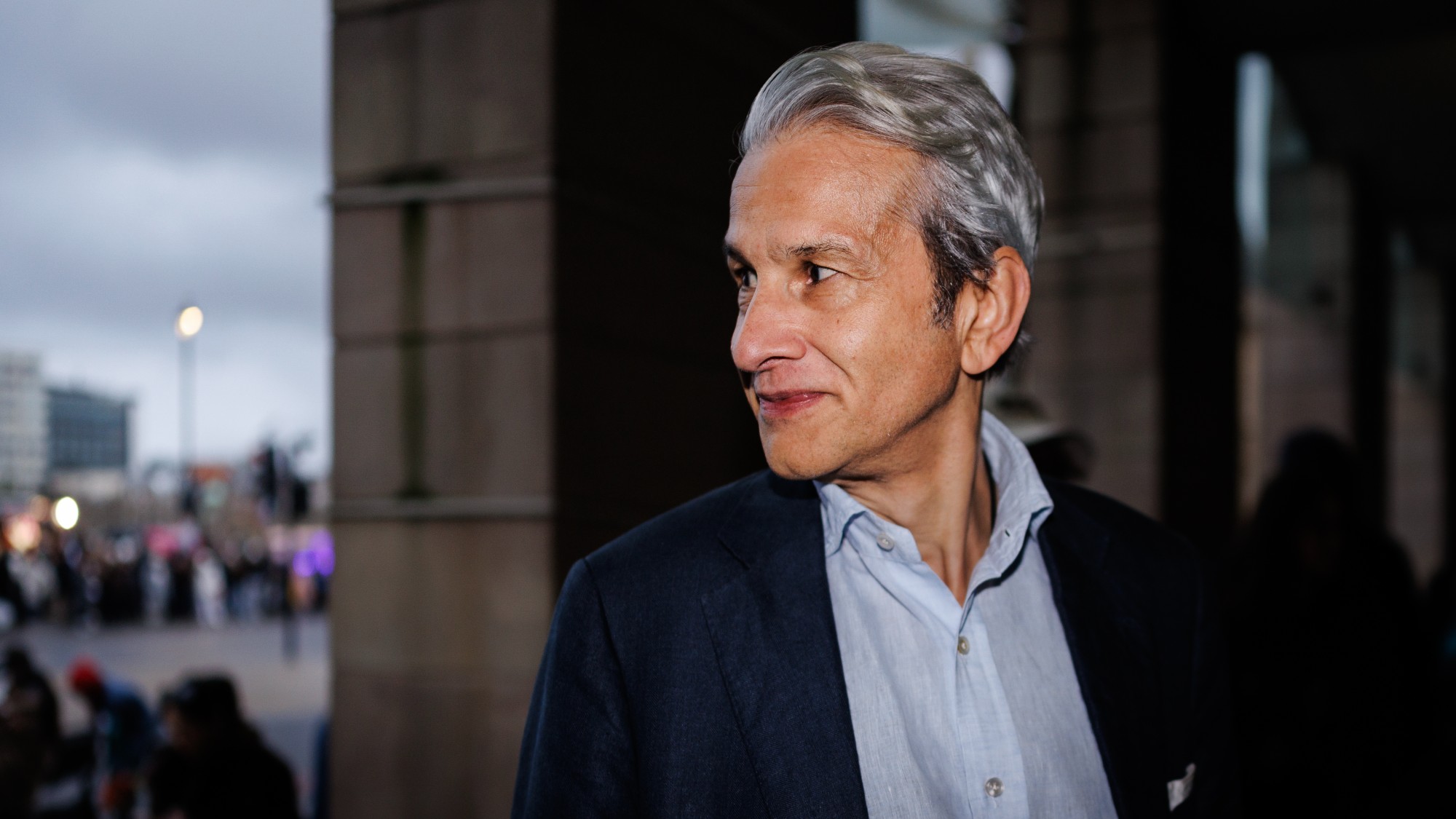 Can the BBC weather the impartiality storm?
Can the BBC weather the impartiality storm?Today's Big Question MPs’ questions failed to land any ‘killer blows’ to quell the ‘seismic outrage’ faced by the BBC
-
 Is the first AI ‘actor’ the beginning of Hollywood’s existential crisis?
Is the first AI ‘actor’ the beginning of Hollywood’s existential crisis?Today's Big Question 'Tilly Norwood' sparks a backlash
-
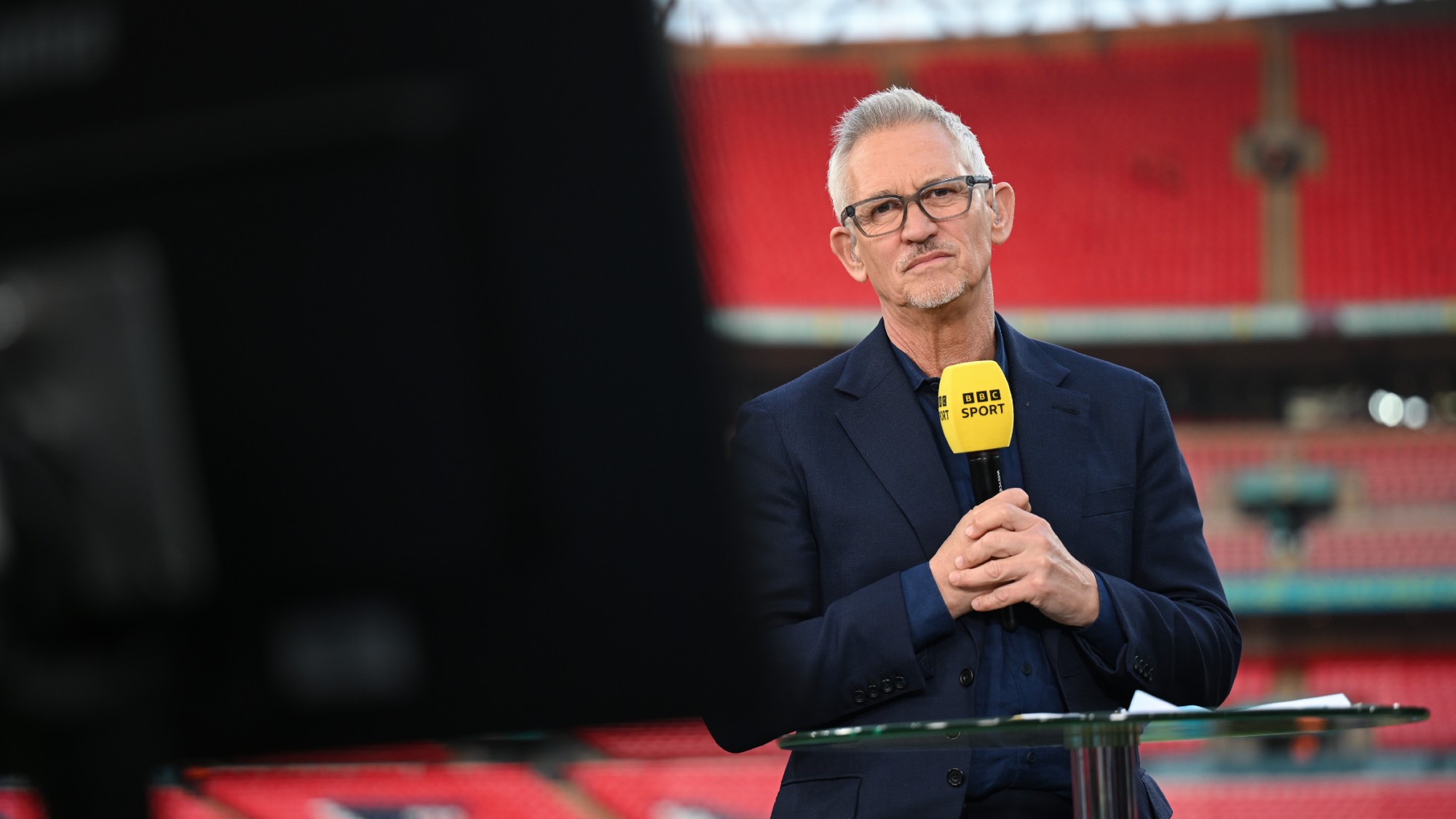 What are the impartiality rules for BBC presenters?
What are the impartiality rules for BBC presenters?The Explainer News presenters and hosts of 'flagship programmes' must adhere to tougher guidelines than other staff and freelancers
-
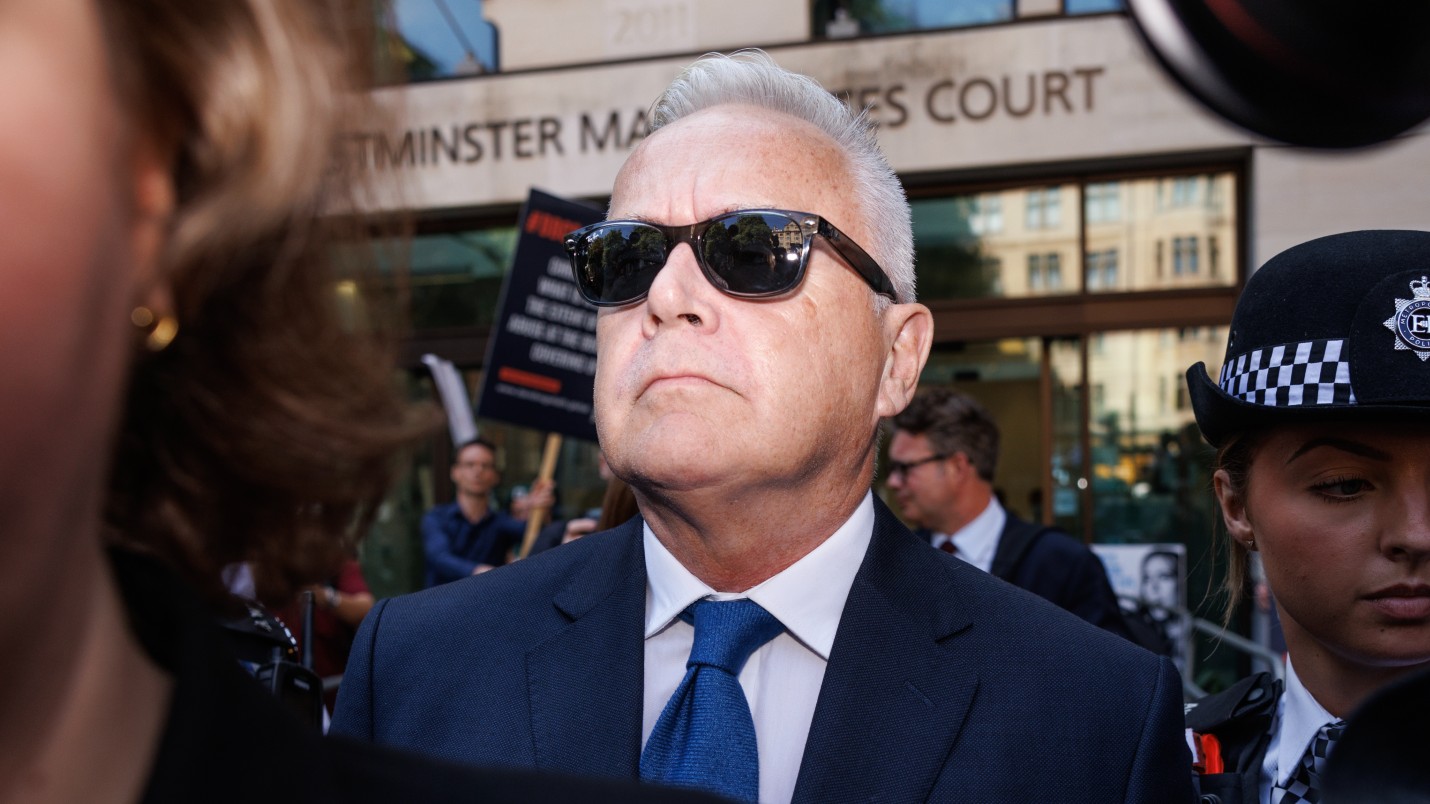 Huw Edwards: why is the BBC so scandal-prone?
Huw Edwards: why is the BBC so scandal-prone?In the Spotlight The national broadcaster has serious questions to answer
-
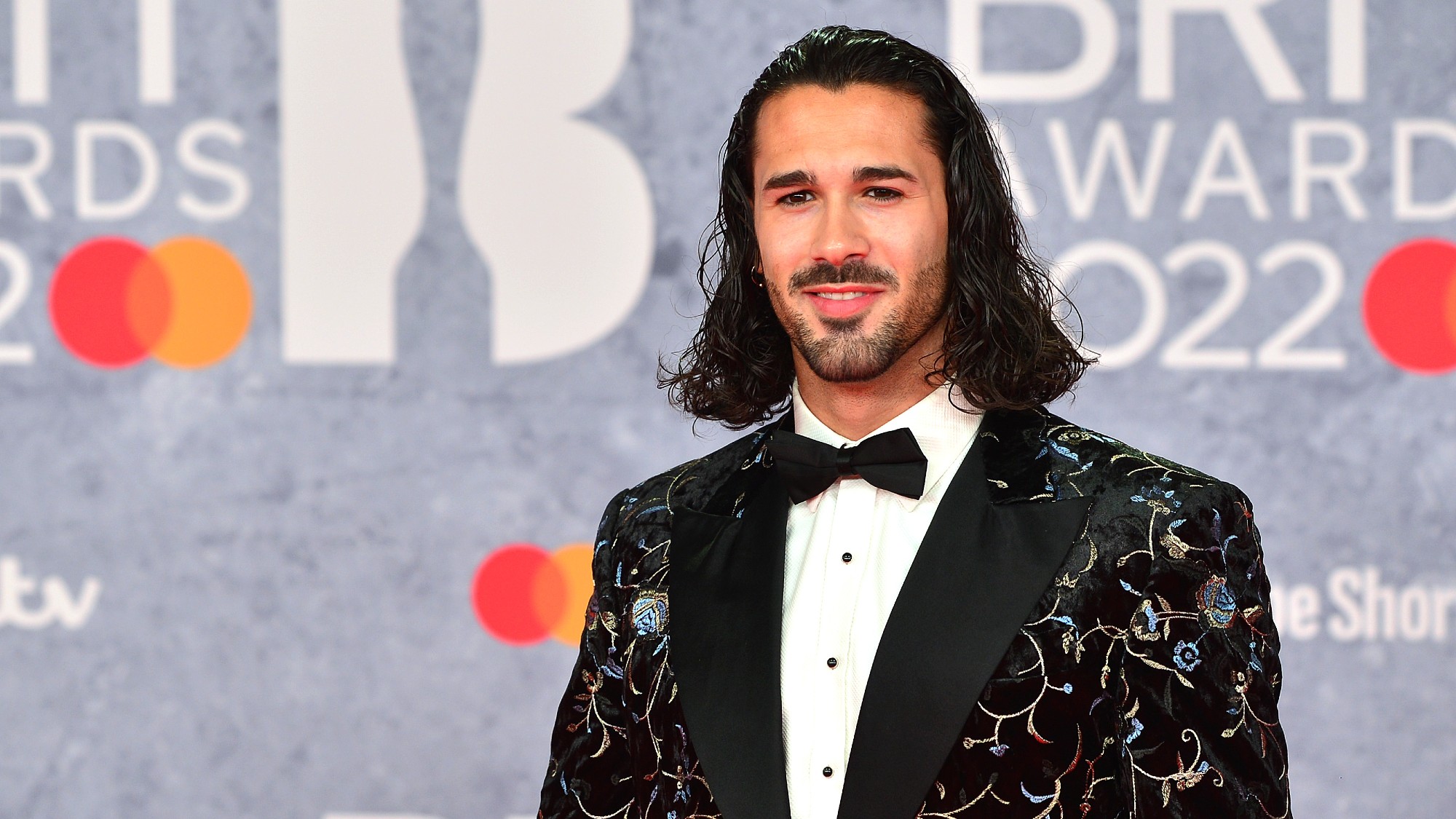 Strictly Come Dancing scandal timeline: what happened when
Strictly Come Dancing scandal timeline: what happened whenIn the Spotlight BBC director general addresses speculation over show's future and apologises to celebrity contestants who say they were mistreated
-
 Will AI porn transform adult entertainment – and is that a good thing?
Will AI porn transform adult entertainment – and is that a good thing?Today's Big Question The possibility of 'unprecedented interactivity and realism' must be weighed against legal and ethical concerns
-
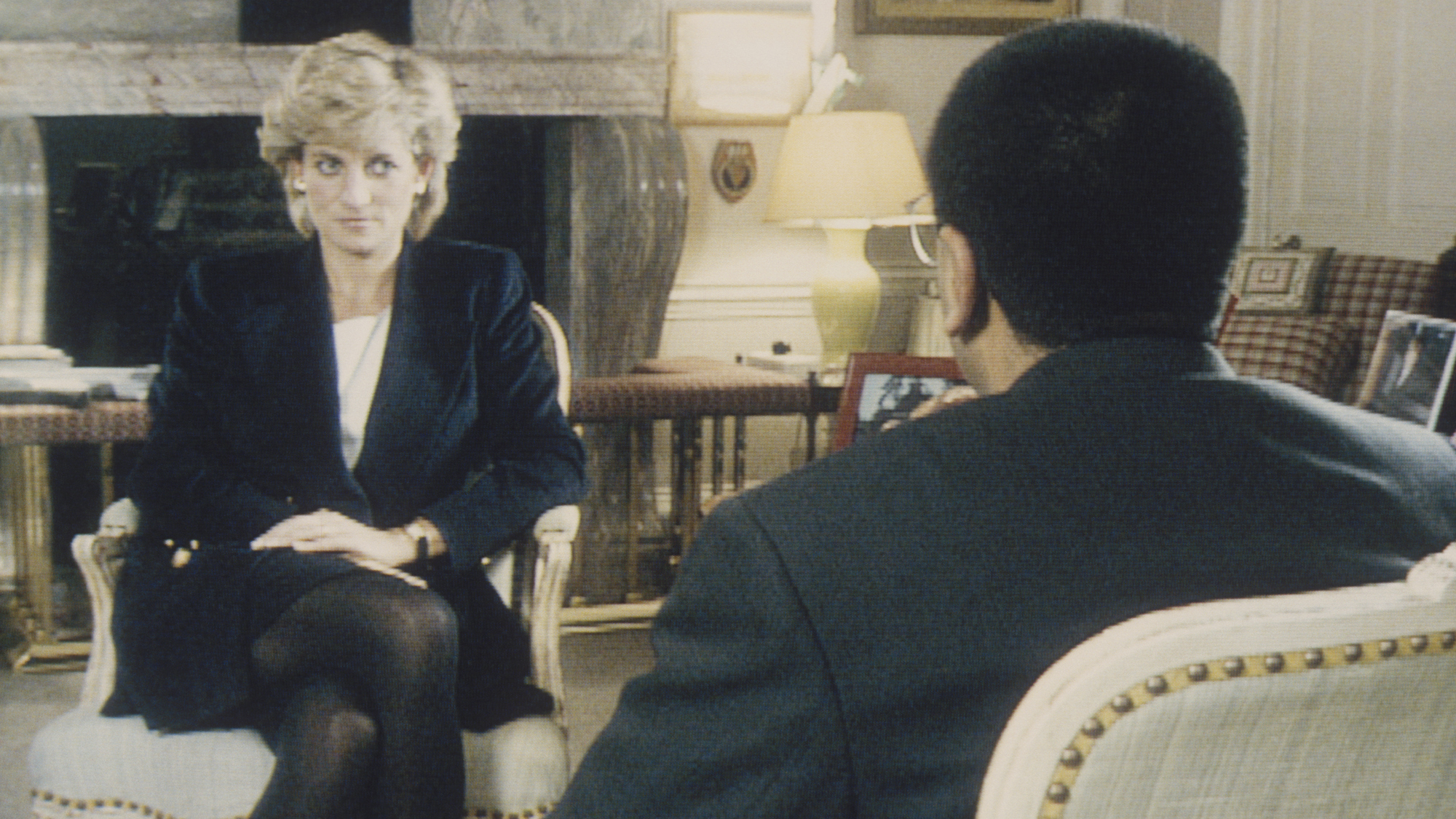 The Princess Diana interview and Martin Bashir's redacted dossier
The Princess Diana interview and Martin Bashir's redacted dossierIn the Spotlight The newly revealed documents show Bashir claimed jealousy and discrimination fuelled allegations against him